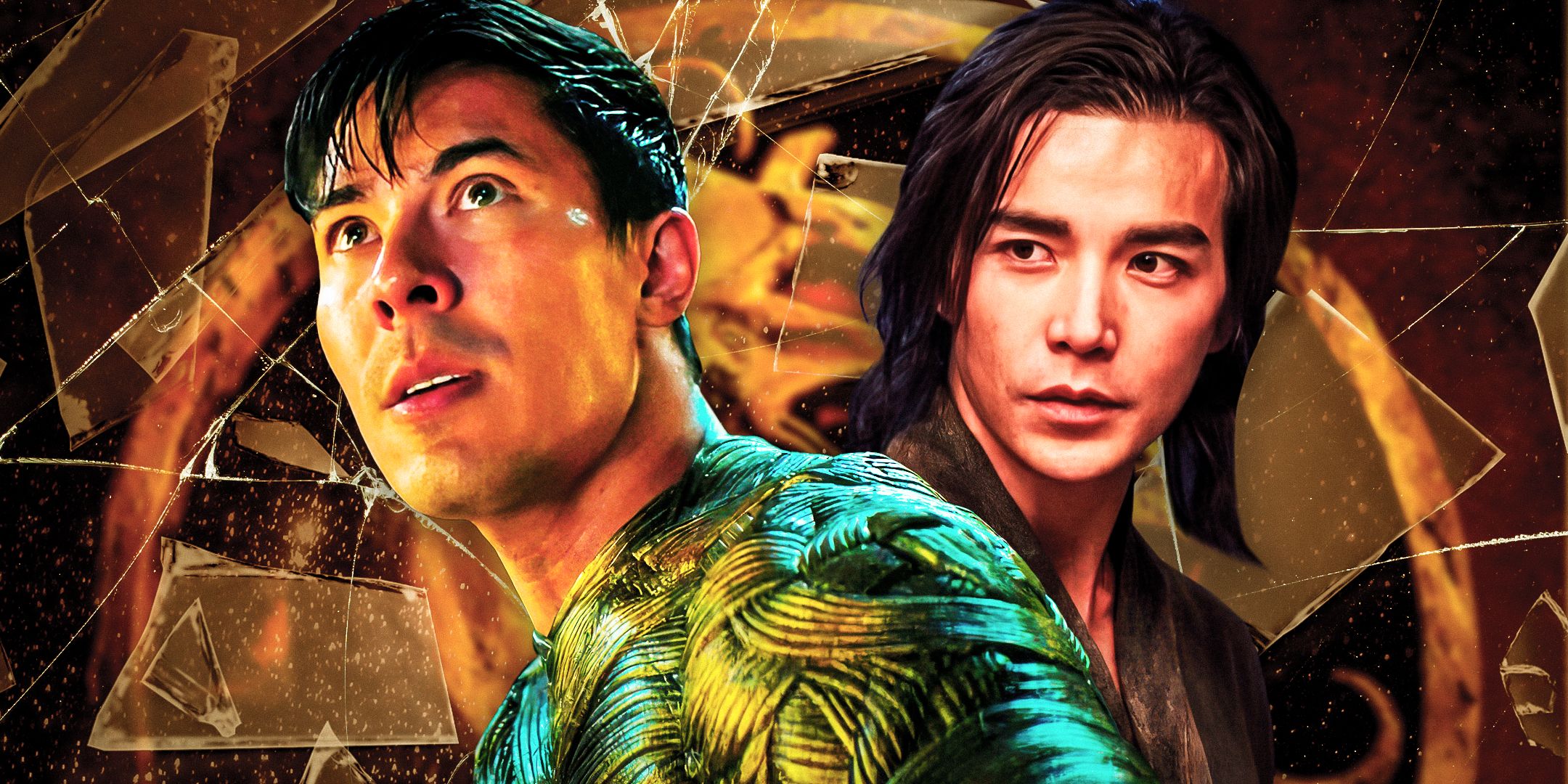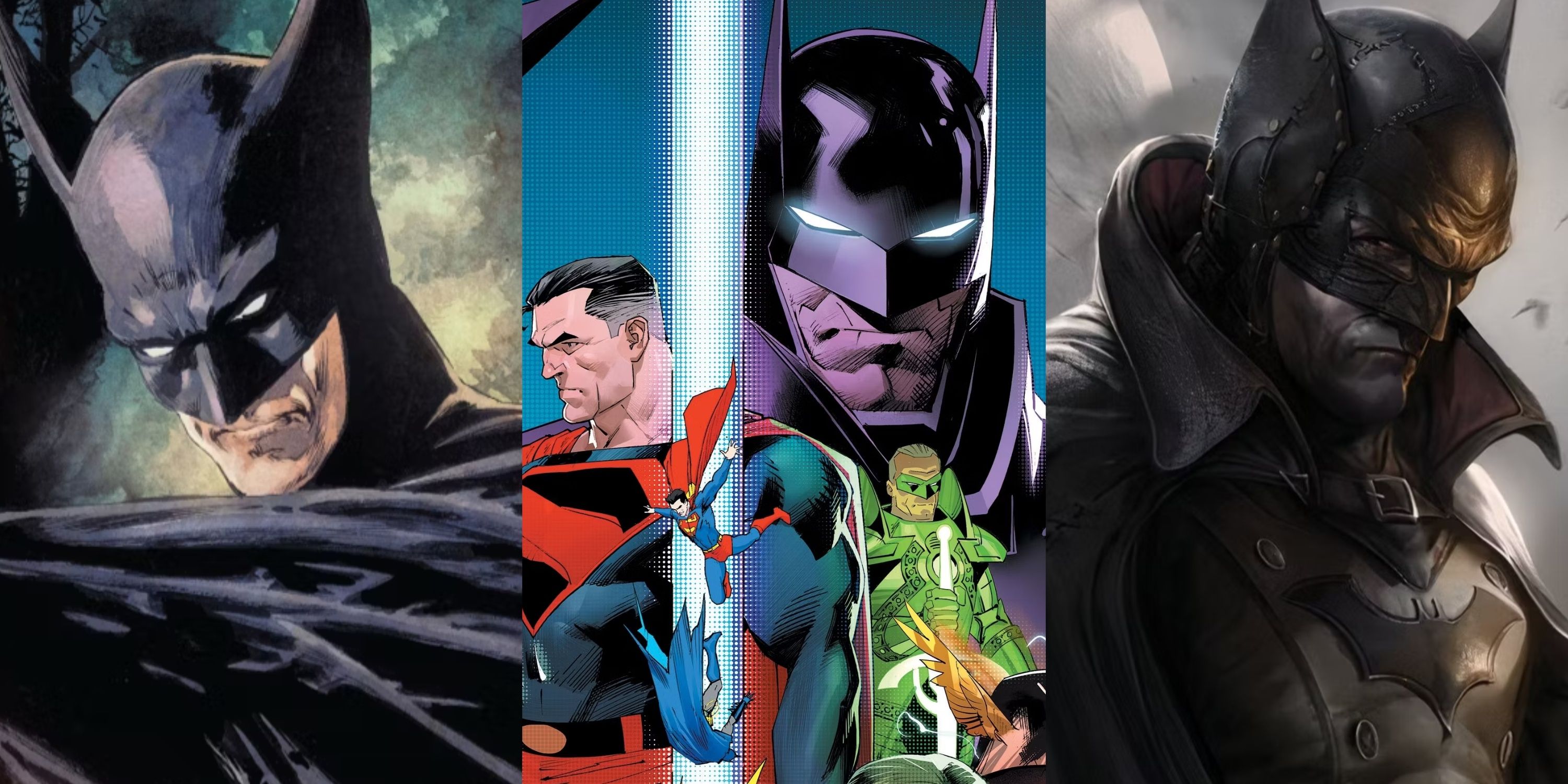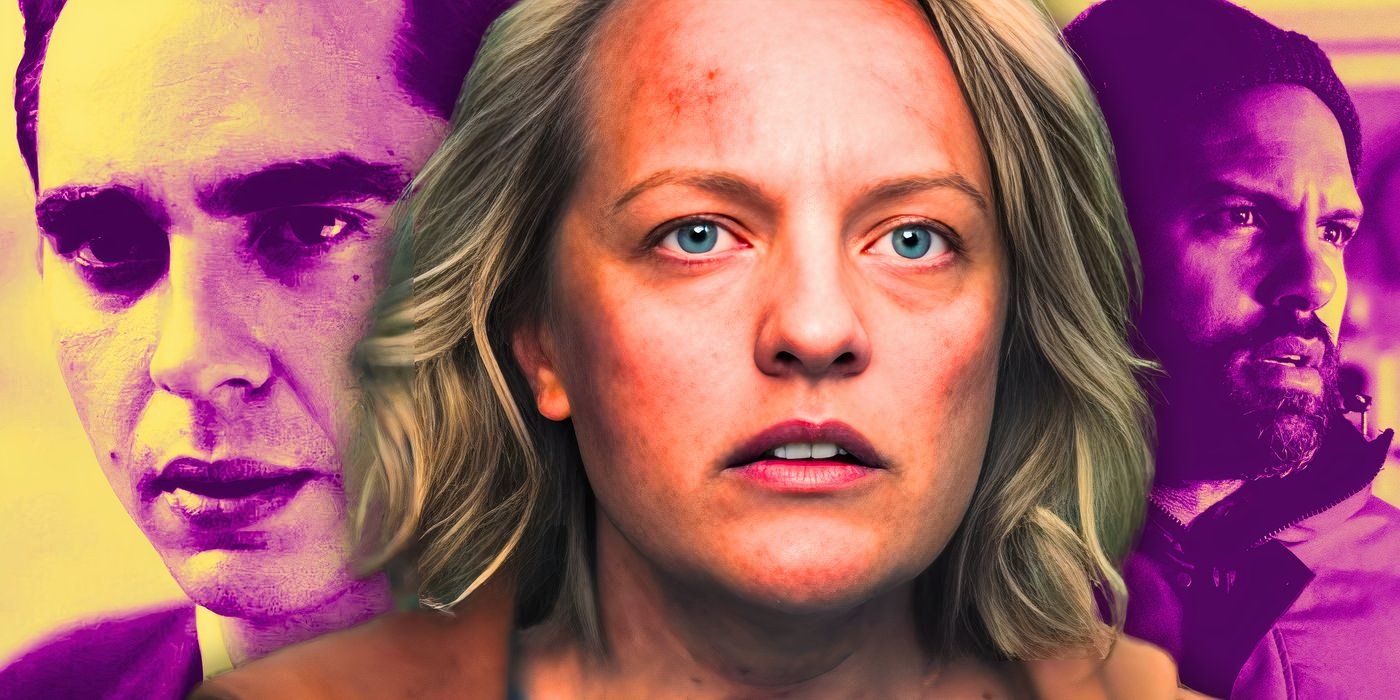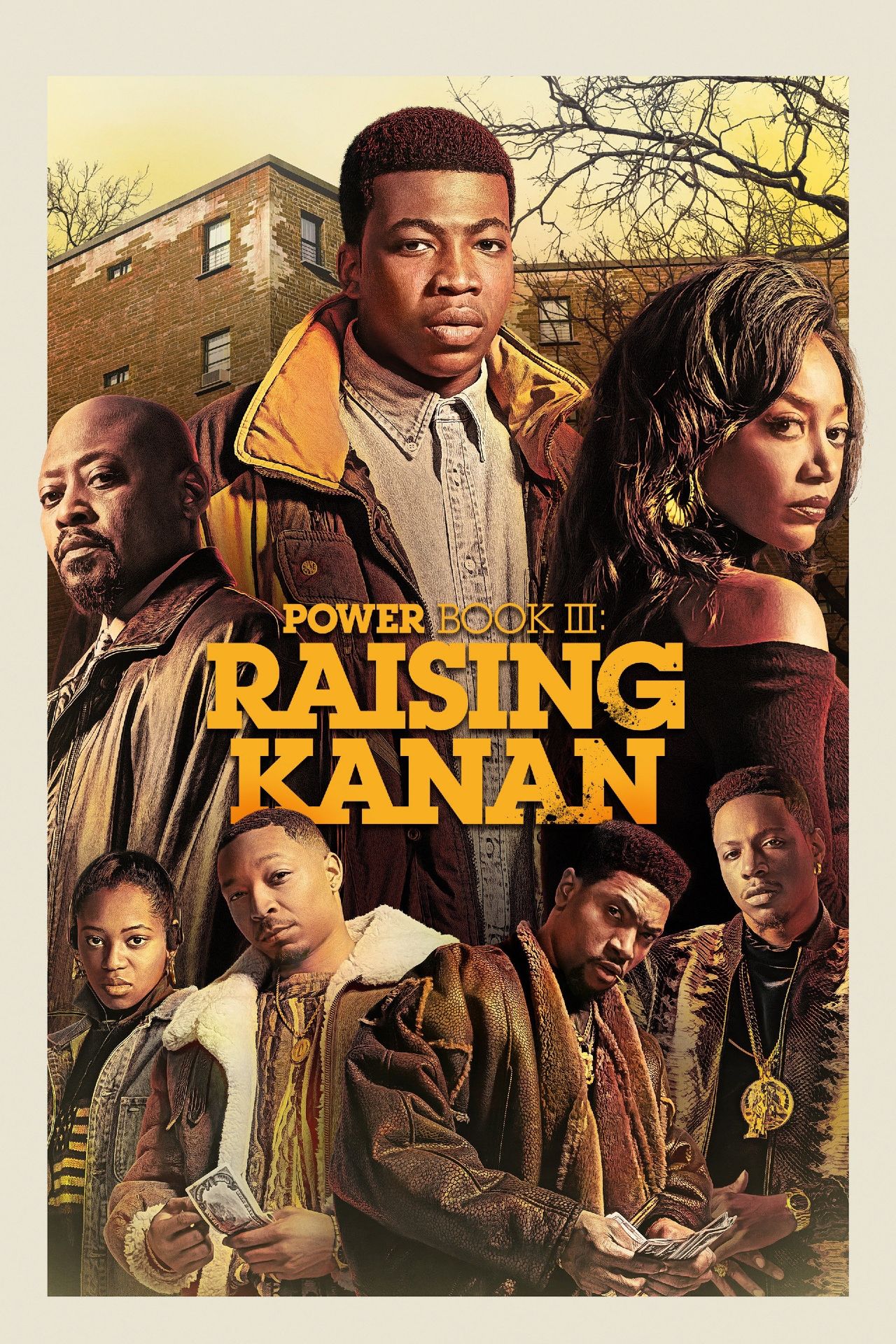Warning! Spoilers ahead for Indiana Jones and the Dial of Destiny.
Indiana Jones and the Dial of Destiny director James Mangold explains in detail why Indy didn’t stay in the past at the end of the film. Released this past summer, the final installment in the popular Indiana Jones franchise sees Harrison Ford return as the intrepid archaeologist to quest after Archimedes’ Antikythera mechanism. The film’s ending sees Indy and his companions travel back in time to the Siege of Syracuse, with Ford’s character attempting to stay in the past before Helena (Phoebe Waller-Bridge) knocks him out and brings him back to 1969.
In a recent interview with CinemaBlend following Indiana Jones and the Dial of Destiny‘s Disney Plus and physical media releases, Mangold shares his explanation as to why he and screenwriters Jez Butterworth and John-Henry Butterworth opted against letting Indy stay in the past. While they did consider it as an option, there are several crucial reasons why they ultimately decided against it. Check out Mangold’s full comment below:
“As writers, we faced it. But it would be… First of all, he would die in the past, away from his wife and anyone who knew and loved him. It seemed… in a sense it would be self destruction by obsession with the past? … I agree that he wanted to stay, but I don’t think it was for my – and I know what Harrison (Ford) was playing.
“I think that part of the modern age that he found himself in, where a hero like Indiana Jones was no longer appreciated, and a professor like Professor Jones was no longer appreciated in the way that (he was) in the world that he had known coming up. Having lost a son, having his marriage in trouble, there was a natural attraction – as it would be for anyone – to just starting fresh somewhere, inviting and open without all the problems in your life that you have to somehow repair.
“And I think that’s what he was playing, because he was dropped into a place that’s intrinsically attractive to him, and absent of all the pain that he was experiencing in his own life at that point.”
Dial Of Destiny’s Ending Makes The Right Choice
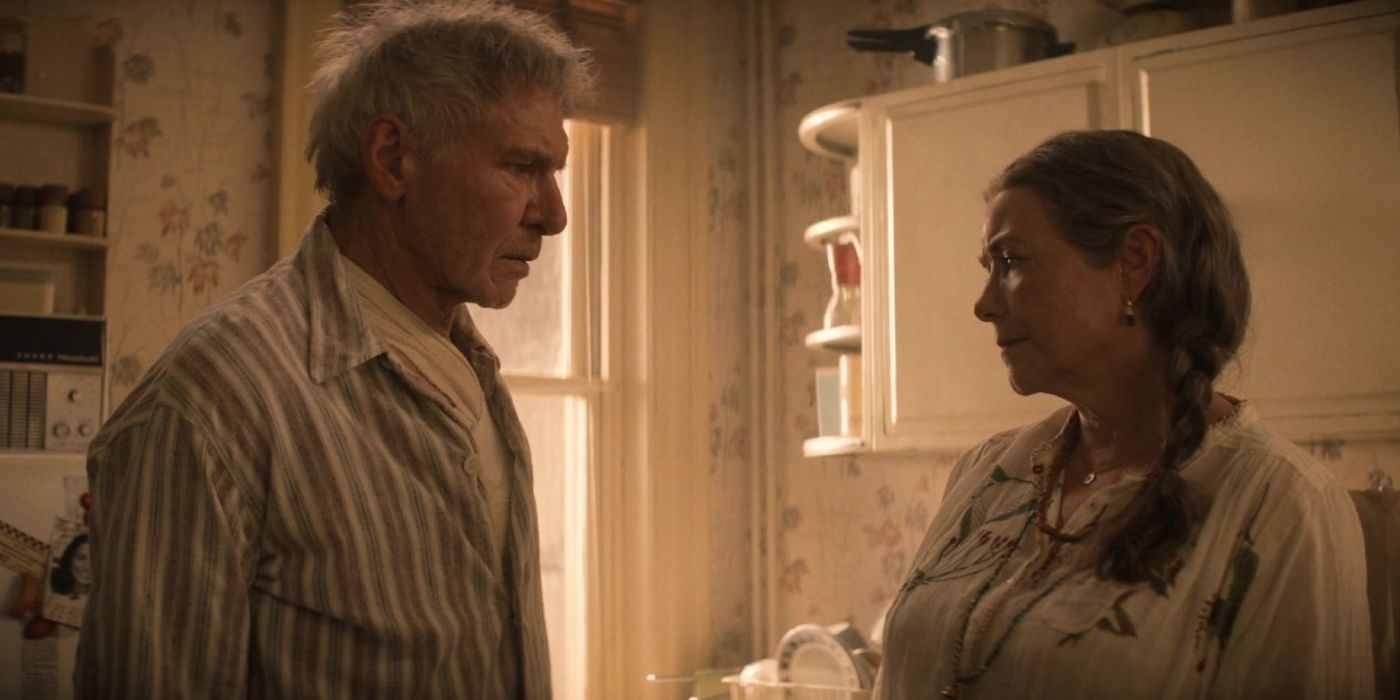
While there’s something poetic about Indy wanting to be left in the past, Indiana Jones and the Dial of Destiny‘s ending ultimately makes the right choice by bringing him back to 1969. Early on in the film, it’s made apparent to viewers that Indy is a man who doesn’t feel at home in this new era. His adventuring days are done, and his marriage is falling apart due to the death of his son, Mutt. It’s understandable why he would want to leave this world behind in favor of one he’s spent his life studying.
One of the film’s key takeaways, however, is that Indy still has people who care about him in 1969. Although they certainly have their differences throughout the story, Helena punching Indy out and bringing him back shows just how much he’s come to mean to her. Returning to 1969 also reconnects him with Salah (John Rhys-Davies) and, of course, Marion (Karen Allen), and he’s able to set his marriage on a more positive path.
Allowing Indy to stay in ancient Sicily, presumably where he would’ve died from his wounds far away from anybody he ever cared about, would’ve been a fairly downbeat ending for one of Hollywood’s most iconic heroes. While Indiana Jones and the Dial of Destiny‘s time travel during the ending proved controversial, the decision to bring Indy back to 1969 ultimately gives Ford’s character a well-deserved happy ending.
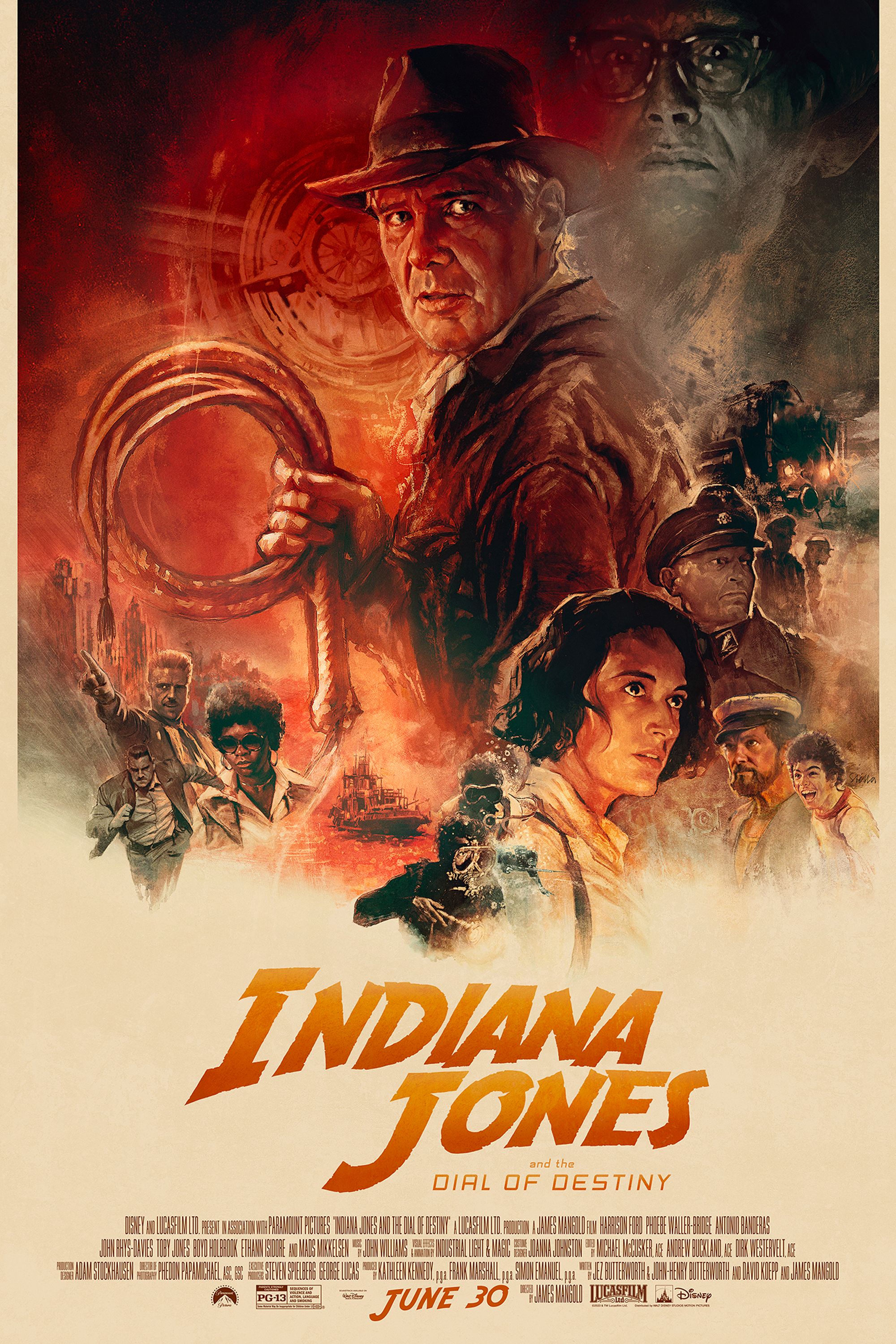
Indiana Jones and the Dial of Destiny
- Release Date:
- 2023-06-30
- Director:
- Array
- Cast:
- Array
- Rating:
- PG-13
- Runtime:
- 2 hours and 2 minutes
- Genres:
- Array
- Writers:
- Array
- Budget:
- 295 million
- Studio(s):
- Array
- Distributor(s):
- Array
- prequel(s):
- Array
- Franchise(s):
- Array
